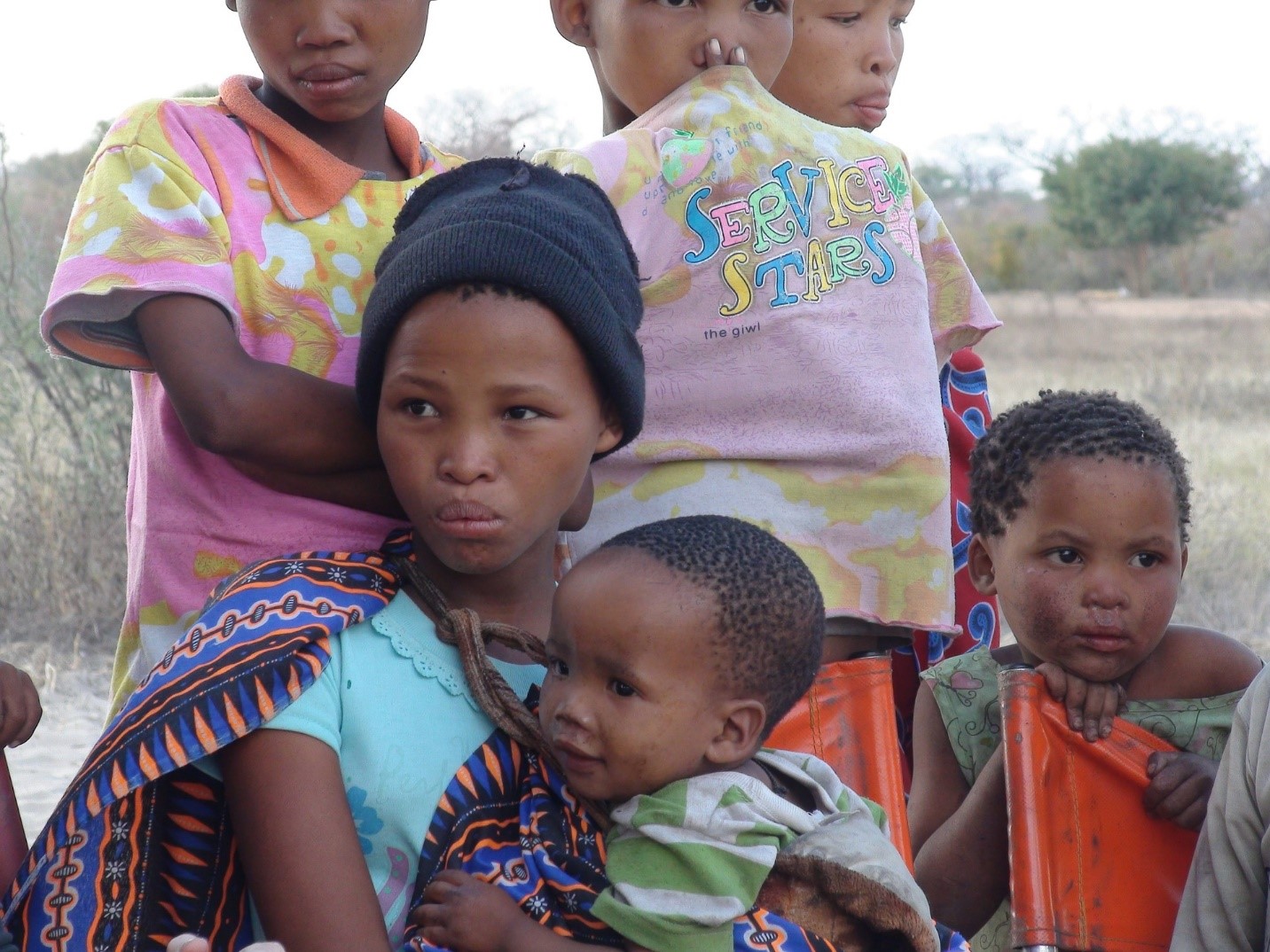“A faith-sensitive approach in humanitarian response” aims to help humanitarian agencies ensure they are using “faith sensitive” approaches in their work with displaced people and those communities hosting them.
Naser Haghamed, the CEO of the IRW, said, “Our manual seeks to guide humanitarian organizations in their efforts to engage with local faith actors through the ‘do no harm’ principle.”
The introduction of the report states, “Humanitarian agencies have become increasingly aware of the importance of religion in the lives of those they seek to assist and of the potential value of more effective engagement with local faith actors in humanitarian settings. Equally, however, there is concern about how to address these issues in a way that does not threaten humanitarian principles of impartiality and neutrality, nor risk heightening any existing religious tensions.”
It goes on to say, “We aim to provide for a consistent approach of value to both faith-based and non-faith-based actors. The focus throughout is on the faith and resources of communities impacted by humanitarian emergencies, not on the faith tradition (or not) of humanitarian providers.”
The goals of finding the most effective ways of meeting the growing needs of displaced persons, refugees, and victims of war, drought, famine, poverty, and disease are most admirable. To the extent that some guidelines must be established to thwart the efforts of organizations posing as FBOs to lure and enlist the otherwise innocent into conscripts for violence and terrorism, some international guidelines may be necessary.
The document speaks to the establishment of “red lines” for the UN to curtail engagement with certain FBOs whose actions are deemed as violating human rights. The guidelines take a strong – and correct – stand in opposition to groups who offer aid to some while excluding others, particularly based on faith.
Within that context, however, the manual states that “It is also unacceptable to engage with faith actors who proselytize or impose conditions for delivering assistance.”
Demonstrating the love of Jesus through humanitarian aid should never be exclusive to any individual. Legitimate FBOs distribute and dispense aid based on the recipients’ need, not on their beliefs. However, those FBOs should not be forbidden to share the love of Jesus which has been shed abroad for all mankind.
Often, in cases where good is intended, the best and brightest minds in the world are unable to avoid unintended consequences. This red line may eventually become the basis for excluding evangelical Christian mission organizations from doing their first work which is to go and teach all nations about Jesus Christ.
Thomas Jefferson agreed that no man should suffer “on account of his religious opinion or belief” when he spoke to the issue of religious freedom.
He further defined that freedom as being “free to profess and by argument to maintain their opinions in matters of religion.” (Inscribed on the Jefferson Memorial in Washington, D.C.)
Beyond our shores, freedom of religion is becoming construed more as the restriction of evangelism.
Please pray for the wise application of this document which, otherwise, contains much good.
Pray that the manual will not be a precursor or a reason for hindering Christians from sharing the Gospel as we reach out to help those in need.
Sources:
- SIGHT Magazine, New manual to help humanitarian agencies adopt a “faith sensitive” approach
- International Standing Committee, A faith-sensitive approach in humanitarian response
